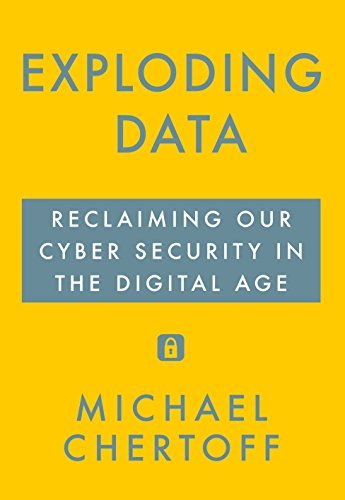What do you think?
Rate this book


A powerful argument for new laws and policies regarding cyber-security, from the former US Secretary of Homeland Security.
The most dangerous threat we-individually and as a society-face today is no longer military, but rather the increasingly pervasive exposure of our personal information; nothing undermines our freedom more than losing control of information about ourselves. And yet, as daily events underscore, we are ever more vulnerable to cyber-attack.
In this bracing book, Michael Chertoff makes clear that our laws and policies surrounding the protection of personal information, written for an earlier time, need to be completely overhauled in the Internet era. On the one hand, the collection of data-more widespread by business than by government, and impossible to stop-should be facilitated as an ultimate protection for society. On the other, standards under which information can be inspected, analysed or used must be significantly tightened. In offering his compelling call for action, Chertoff argues that what is at stake is not only the simple loss of privacy, which is almost impossible to protect, but also that of individual autonomy-the ability to make personal choices free of manipulation or coercion.
Offering colourful stories over many decades that illuminate the three periods of data gathering we have experienced, Chertoff explains the complex legalities surrounding issues of data collection and dissemination today and charts a forceful new strategy that balances the needs of government, business and individuals alike.
249 pages, Kindle Edition
Published August 2, 2018